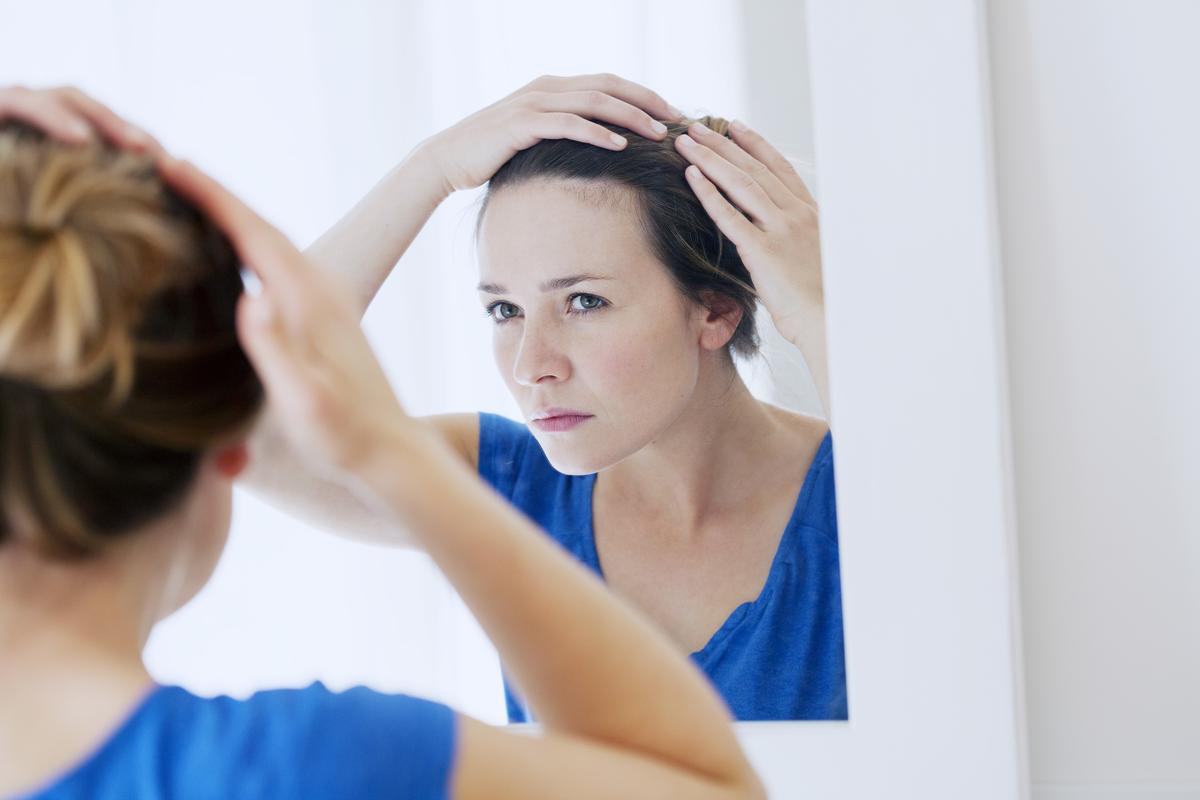Silence That Negative Chatter And Feel Great About Yourself Again
A diagnosis of alopecia can be incredibly damaging to your self-worth so it’s important to take steps to feel comfortable in your own skin once again.
2 in every 1,000 Brits are affected by alopecia areata, a condition which is usually diagnosed when small coin-sized bald patches appear on the scalp. Unfortunately, some go on to lose all their scalp hair, known as alopecia totalis, or even all the hair on their body and head, which is referred to as alopecia universalis. In contrast to male or female pattern baldness, which usually occurs in older people, alopecia often strikes when a person is aged 15 to 29. Such a diagnosis can be devastating at any age, affecting your self-esteem and social activities. It’s important to try and regain your confidence after being diagnosed with alopecia, not least because of the link between psychological pain and hair loss.
Managing Unhelpful And Inaccurate Thoughts
A common issue with those experiencing alopecia, is the onslaught of unhelpful and negative thoughts that enter your head throughout the day. Feeling that you’re being stared at, laughed at, or that you’re unattractive and won’t find a boyfriend or girlfriend are the types of unconstructive self-chatter that will prevent you from leading a rich and fulfilling life with alopecia. The best way to begin managing this issue is to get started with some talk therapy such as cognitive behavioural therapy which can help people disrupt their negative thought patterns and look for the positives in every situation. By challenging your negative thoughts, you will begin to ignore them and feel more confident about getting back out there into everyday situations including work and social activities.
Create A Support Team
Your family and friends will likely form a protective circle around you following a diagnosis of alopecia. This is important as you’ll want to feel relaxed and confident when in their company, regardless of the extent of your condition. But if you’re looking for information from those who have been through this, there are also support resources such as forums available for those with alopecia, allowing you to draw on the experiences of others with the same condition. Alopecia UK runs various regional support groups, enabling peers to share personal stories and experiences, swapping tips and inviting wig suppliers and dermatologists to showcase their products.
Wearing A Wig
Some people are happy to go bald in public, others prefer to don hats or bandanas, but one of the best ways to give your confidence a boost is to wear wigs for alopecia. These are made to look and move like natural hair, allowing you to feel attractive once again which is an important step towards regaining your self-esteem and confidence. Alopecia wig wearers are in great company – viewers of America’s Top Model may remember a contestant called Jeana in season 24 who sported a beautiful, long brunette wig throughout the series before revealing her alopecia to the cameras in showcase week. She went on to finish as the series runner-up but explained “Doing this is really scary, but I want to show people that it’s okay to be bald and that bald is beautiful,” she shares. “Losing your hair is beautiful.”
Everyone reacts to their alopecia diagnosis in different ways, and there’s no right or wrong way to feel. But if you’re anxious, lacking in esteem or even feel depressed, then it’s important to seek help by speaking to a counsellor, doctor or reaching out to a specialist alopecia group for mutual support.




